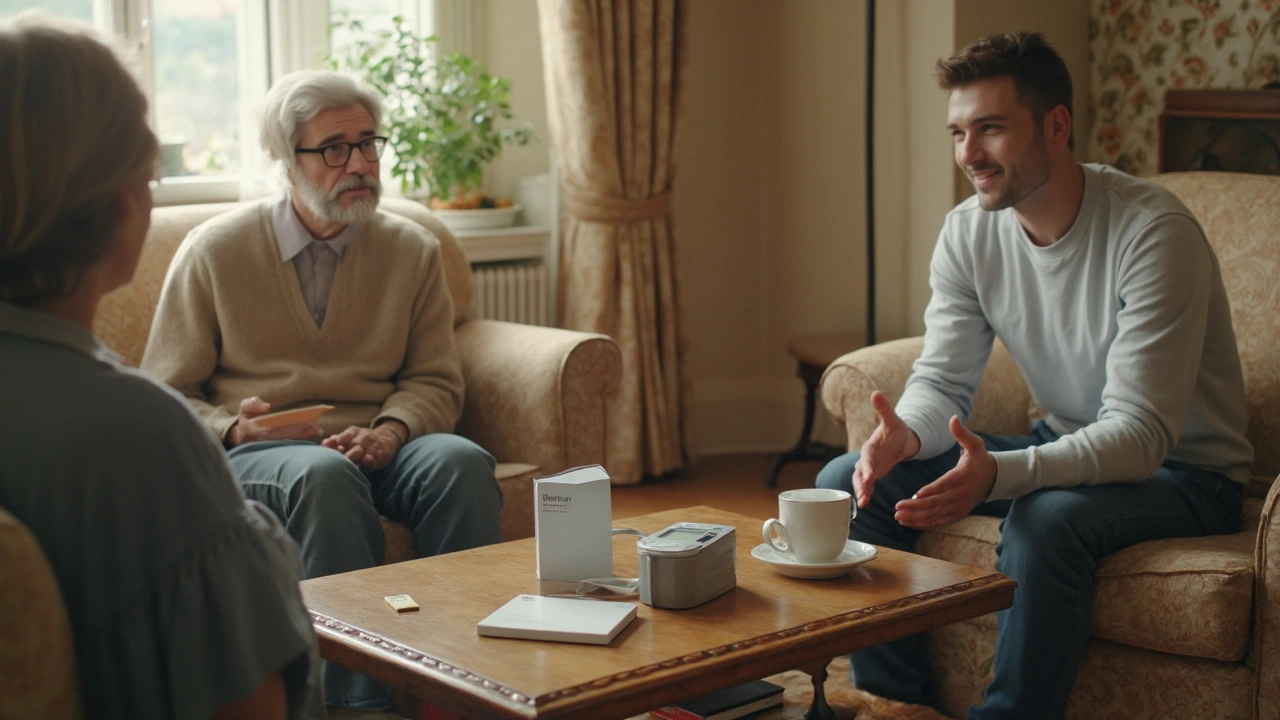Heart Failure: What It Is and How You Can Manage It
If your doctor mentioned "heart failure," you might think it means the heart has stopped. That’s not true. Heart failure simply means the heart isn’t pumping blood as well as it should. Think of a tired pump that still works, but needs help to keep up.
Spotting the Warning Signs
The first clue is usually shortness of breath – even after climbing a few stairs or walking across a room. You might notice swelling in your ankles or feet, especially by the end of the day. Fatigue that lingers despite rest and a persistent cough that produces frothy sputum are other red flags.
Because symptoms can creep up slowly, it helps to keep a simple diary: note when you feel breathless, how much swelling you see, and any changes in energy levels. This record makes conversations with your doctor clearer and faster.
Everyday Steps That Really Help
Medication is the backbone of treatment – ACE inhibitors, beta‑blockers, diuretics, and others each play a role. Take them exactly as prescribed; missing doses can undo progress fast.
Watch your salt intake. Even a pinch less sodium each day reduces fluid buildup and eases breathing. Swap salty snacks for fresh fruit or unsalted nuts – the taste adjustment is worth the comfort gain.
Stay active, but don’t overdo it. A 20‑minute walk three times a week can boost circulation without stressing the heart. If you feel dizzy or overly winded, pause and rest – progress isn’t about pushing to the limit.
Weight monitoring is another low‑effort tool. Gaining more than two pounds in a few days often signals fluid retention. Keep a scale nearby and log your weight daily; sudden jumps should prompt a call to your clinic.
Finally, manage stress. Anxiety spikes heart rate and blood pressure, which can worsen failure. Simple breathing exercises, short meditation sessions, or chatting with friends can lower the strain.
Heart failure isn’t a one‑size‑fits‑all condition, but understanding symptoms, sticking to meds, watching salt, staying mildly active, and keeping an eye on weight give you solid control. Talk to your doctor about any new symptom – early tweaks keep the heart humming longer.


